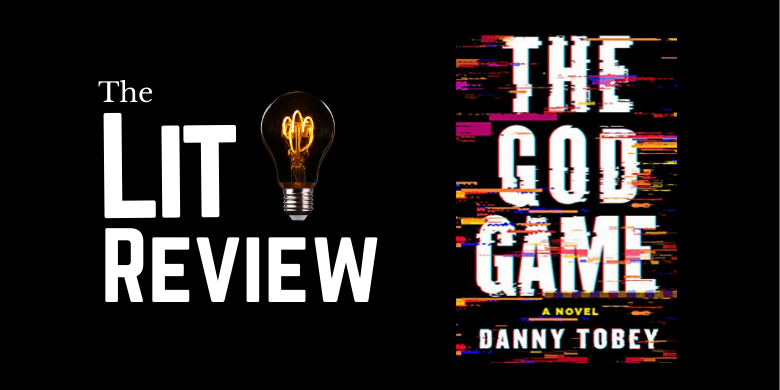
Truth, they say, is stranger than fiction. This is especially so in the world of physics where the behaviour of very large and the very small defy the causal relationships that we have come to expect from our mundane senses. So much so that if some quantum theories are correct, reality is barely hanging on by the thinnest of threads, and the slightest change in fundamental atomic structure could bring about the end of the universe. So they say.
Koji Suzuki’s Edge, winner of the 2012 Shirley Jackson Prize—awarded for “outstanding achievement in the literature of psychological suspense, horror and dark fantasy”—is based on that very premise. In the book, our universe is undergoing a phase shift. It’s not entirely clear what that means but essentially, the universe is coming to an end. An event involving a black hole at the edge of our galaxy is bringing about change to the structure of reality, but rather than this meaning that the universe is being destroyed, it’s simply winking out of existence.
Back on earth, people have started disappearing at an alarming rate near fault lines—places where tectonic plates beneath the earth’s crust meet. Our protagonist, science journalist Saeko Kuriyama, is working together with a television studio to produce an exposé on these mysterious disappearances which seem to be happening with greater frequency. Saeko has a personal stake in the matter: Her own father disappeared without a trace 18 years earlier and she has yet to give up finding him. She believes the current spate of disappearances are related, and clues along the way seem to be pointing her in that direction. Meanwhile, her prodigious science brain suspects something else is up.
It’s difficult to describe Edge, which seems at times to be a plot-driven existential-horror book, but at other times a discursive science text. Unlike the Ring trilogy which shot Suzuki to fame because of the ingenuity of the plot device—paranormal, techno-virus, as it turns out—Edge is limited by the boundaries of science. It’s clear from the book that Suzuki wants to be faithful to the possibilities offered by physics as we understand them but this generally makes for poor storytelling. To help his protagonists understand the existential threat they are facing and ratchet up the tension, Suzuki introduces various characters to be repositories of information: a fortune teller, several scientists, and, to the detriment of the book, an angel/devil figure which explains everything neatly before the novel’s climax.
It’s hard to write a novel that holds a knife-edge tension when the focal element is the disappearance of random people. From this perspective, Edge has a similar narrative to Christian Rapture movies and books, where people mysteriously disappear ahead of the anticipated apocalypse. As with the Rapture narrative, these disappearances can only hold dramatic value if it is indicative of some larger existential issue—the apocalypse in the Rapture narrative and the end of the universe in Suzuki’s novel. The end result is a fairly imbalanced novel where readers are invited to invest in the lives of these protagonists, but who never really develop to a point where you care for them. Even Saeko’s narrative is fairly erratic with promising bits that fail to materialise. In fact, it seems that her only proper role is to be a vehicle for Suzuki to explicate some exploratory point on physics, astronomy or evolution.
So it’s not a great book. And yet, I finished it and would still recommend it to the right sort of reader. To explain why, I need to delve a bit into my past where I entertained the possibility of a career in mathematics several lifetimes ago as a young undergraduate student. Alas, this course of study was quickly abandoned following the discovery of a preternatural inability to do basic calculus, although I had a slightly higher than average talent and disposition for number theory. Ruminations on the latter appear not infrequently in the book, and the bits that touch on math and science are intriguing, and sufficiently so to keep a person with a similar disposition to chug on through to the end.
The novel lets itself down at the end with a literal deus ex machina.
Edge is available in-store and online.











